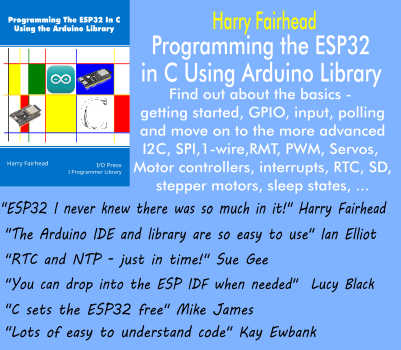| Digital Stress From Multitasking |
| Written by Lucy Black |
| Sunday, 05 August 2012 |
|
In our increasingly interconnected world, thanks to computers, the Internet, smartphones and all the other ways to access and process information, our brains are having to deal with the negative consequences of overload. You are probably reading this online. If you are on a desktop computer how many other windows do you have open at the same time - 2, 5, 10, more? Counting up I have open tabs on a dozen different websites, two of which include videos (currently paused), I'm working on three open word processor documents, two spreadsheets. I'm also listening to a podcast and I have my email open. It is even worse if you program because you can add to this list all of the multiple views of the source code, running programs, debugger windows and documentation. The stop-start nature of building code also tends to make multitasking an attractive proposition. But while I'm feeling almost overloaded I have a sneaking suspicion that other computer users would find this a relatively light loading. These days we appear to have taken multi-tasking to a new extreme and it is rare for anyone to be devoting their entire metal effort to a single task. But is this habit of doing many different things at once bad for us? This infographic argues that the human brain can only manage one or two tasks at a time: (Click in infographic to enlarge; opens in a new window) Source: OnlineUniversities.com via InfographicsArchive
The statistics presented above suggest that the average computer user changes tasks more than once every two minutes. You might have thought the more you multitask the better but the infographic lists the following problems among frequent multitaskers:
What is more worrying is the suggestion that our brains might react by shutting down the higher brain regions that deal with empathy or even that excessive Internet use could impact concentration, ability to make decisions and set goals. A study cited in the infographic suggests that blocking access to email can help reduce stress - even though you might panic at the very idea.
At the bottom of the infographic there are suggestions for ways to cut down on the amount of digital stress in your life:
All of these seem like good ideas - but simply recognizing that multitasking is a problem rather than a virtue is a good first step.
Comments
or email your comment to: comments@i-programmer.info
To be informed about new articles on I Programmer, install the I Programmer Toolbar, subscribe to the RSS feed, follow us on, Twitter, Facebook, Google+ or Linkedin, or sign up for our weekly newsletter.
|
| Last Updated ( Thursday, 06 June 2013 ) |


